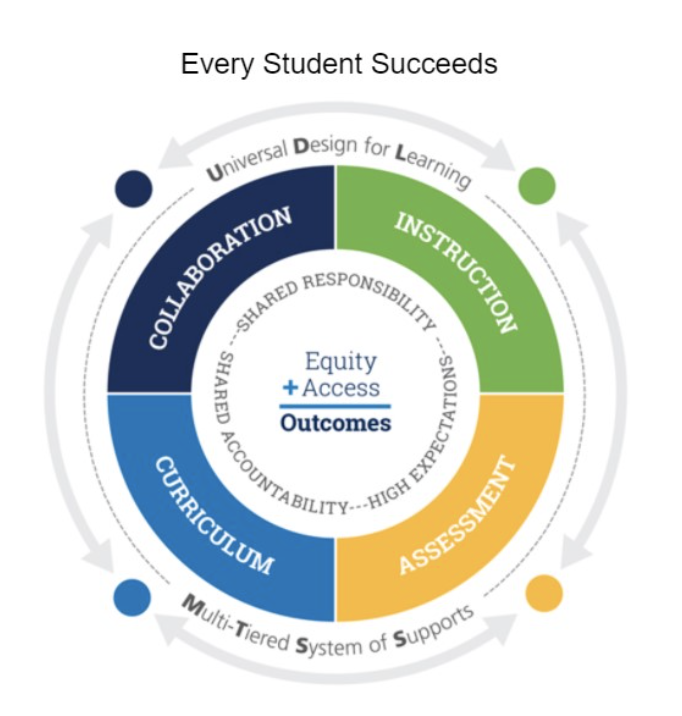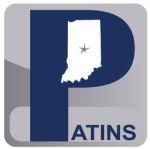About PATINS
Our Focus
Accessible Educational Materials (AEM):  According to the National Center on Accessible Educational Materials (2023), Accessible Educational Materials (AEM) are defined as print- and technology-based educational materials, including printed and electronic textbooks and related core materials that are designed or enhanced in a way that makes them usable across the widest range of learner variability. Accessible formats provide the same information in another form to address the barriers text-based materials can present for some learners. Examples of accessible formats include audio, braille, large print, tactile graphics, and digital text conforming with accessibility standards.
According to the National Center on Accessible Educational Materials (2023), Accessible Educational Materials (AEM) are defined as print- and technology-based educational materials, including printed and electronic textbooks and related core materials that are designed or enhanced in a way that makes them usable across the widest range of learner variability. Accessible formats provide the same information in another form to address the barriers text-based materials can present for some learners. Examples of accessible formats include audio, braille, large print, tactile graphics, and digital text conforming with accessibility standards.
Assistive Technology (AT): any: (1) item; (2) piece of equipment; or (3) product system; whether acquired commercially off the shelf, modified, or customized, that is used to increase, maintain, or improve the functional capabilities of a student with a disability. The term does not include a medical device that is surgically implanted or the replacement of such device.
Universally Designed or Universal Design for Learning (UDL): a concept or philosophy for designing and delivering products and services that are usable by people with the widest possible range of functional capabilities, which include products and services that are: (1) directly accessible, without requiring assist; and (2) interoperable with assistive technologies.

